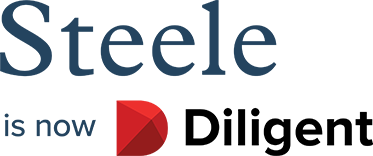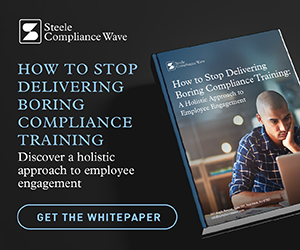8/2/17: A post by Sarah Rathke on the Global Supply Chain Law Blog drills into the EU Registration, Evaluation, and Authentication of Chemicals regulation (REACH). Even though the regulation has been on the books since 2007, implementation has been slow to roll out completely since then. Rathke offers a practical, pointed overview of the regulations and its requirements. It’s a worthwhile reminder for compliance officers that REACH should not be shoved to the background when planning and implementing their compliance programs.
Compliance Communications Blog
Compliance Wave
Recent Posts
6/19/17: Discrimination against pregnant women and new mothers is a growing problem according to an article posted by Steven Mintz (the Ethics Sage) on Workplace Ethics Advice at the request of New Hampshire law firm Sherman Law PLLC. Mintz quotes numbers from Citizens Advice showing an increase of 25% in the number of people “… seeking workplace advice on pregnancy and maternity issues in the past year.” The post is a good one, identifying the range of actions that may be discriminatory and noting a recent update from the EEOC about its expectations and guidelines regarding pregnant employees, medical conditions and the ADA.
6/19/17: A recent article posted by Corporate Compliance says that Asia-Pacific employees want clarity in the corporate compliance policies they are expected to follow. Citing the EY APAC Fraud Survey 2017, the article presents some interesting and, perhaps, surprising information. For example, the survey shows a disconnect between what employees know about the dangers of corruption and their understanding of their employer’s compliance expectations. “The survey found that employee frustration with discrepancies and inconsistencies of how compliance programs are executed creates major stumbling blocks to managing effective compliance programs and bringing fraud, bribery and corruption under control.” The article goes on to address topics including hotlines, millennial perspectives and cyber threats.
6/19/17: Whistleblower protections have been in the news lately, causing some confusion about when, if and how whistleblowers are protected from retaliation. Protections aren’t identical across all agencies and a change by one isn’t automatically adopted by another. It’s a confusing business but Jonathan Marcus and David Meister of law firm Skadden, Arps, Slate, Meagher & Flom did their best to “unconfuse” it in an article they wrote for the New York Law Journal. In that article, the two authors explained recent changes adopted by
6/15/17: PWC recently released a report identifying five forces the company projects will reshape global anti-bribery and anti-corruption. PWC offers its insights and data on those factors, beginning with the expansion of global anti-corruption enforcement and ending with ethical and transparent business. The three forces in the middle are especially interesting: societal action vs. unenforced regulation, automated and preventive compliance, and increasingly cashless societies. Given the cost of corruption to business and society, these predictions are worth considering.


